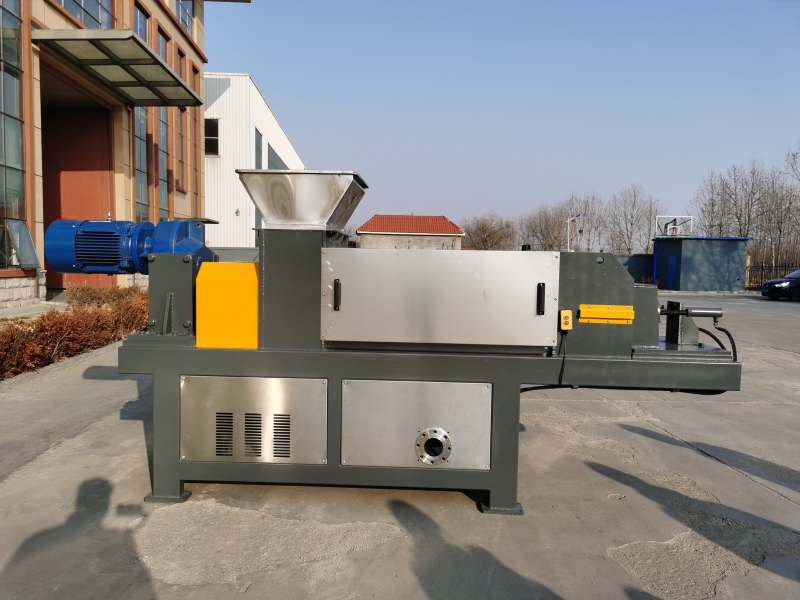
The food industry is a vast and complex field, with processes ranging from raw material preparation to packaging and distribution. Among the many crucial stages, dewatering stands out as a fundamental process that significantly impacts both the quality and efficiency of food production. Dewatering machines, also known as food dehydrators or moisture extractors, play a pivotal role in this regard.
1. Importance of Dewatering in Food Processing:
Dewatering involves the removal of excess moisture from food products, a critical step that ensures prolonged shelf life, reduced transportation costs, and enhanced product quality. By eliminating water content, the growth of microorganisms is slowed down, preserving the freshness and edibility of the food items. Furthermore, dewatering concentrates flavors, making the final product more robust and rich.
2. Types of Dewatering Machines:
Several types of dewatering machines are used in the food industry, each tailored to specific products and production scales. Centrifugal dewatering machines, for example, are ideal for leafy vegetables and fruits, utilizing high-speed rotation to extract moisture. Belt press dewatering machines, on the other hand, are suitable for larger-scale operations, effectively handling products like mashed potatoes and sauces. These machines employ a combination of pressure and porous belts to separate water from the food material.
3. Advantages of Dewatering Machines:
Efficiency: Dewatering machines significantly reduce processing time, allowing for higher throughput and timely delivery of products.
Quality Preservation: By removing excess moisture, the natural taste, color, and nutritional value of the food are preserved, resulting in high-quality end products.
Cost-effectiveness: Dewatering minimizes product weight, reducing transportation costs. It also contributes to energy efficiency by decreasing drying times in subsequent processing stages.
Waste Reduction: Efficient dewatering leads to a reduction in food waste, aligning with sustainable practices and environmental conservation efforts.
4. Applications Across Food Sectors:
Dewatering machines find applications in various food sectors, including fruits and vegetables, meat processing, dairy products, and snack foods. In fruit processing, they are crucial for making jams, jellies, and dried fruits. In meat processing, dewatering enhances the texture of sausages and deli meats. Dairy industries use these machines for producing cheese and yogurt, while snack food manufacturers employ them in the production of crispy chips and snacks.
5. Future Trends and Innovations:
As technology continues to advance, dewatering machines are becoming more sophisticated and precise. IoT integration, automation, and AI-driven controls are revolutionizing the industry, ensuring optimal performance and minimal wastage. Additionally, there is a growing focus on sustainable practices, leading to the development of eco-friendly dewatering solutions that minimize environmental impact.
In conclusion, dewatering machines are indispensable in the modern food industry. Their ability to efficiently remove moisture not only enhances the quality and taste of food products but also contributes to sustainable practices and cost-effective production. As technology evolves, these machines will play an even more pivotal role, shaping the future of food processing worldwide.




If your company wants to establish a business relationship with us, please briefly describe the cooperation intention and send an email to:chuantaiscrewpress@gmail.com























































































![[list:title]](/static/upload/image/20240528/1716877114510915.jpg)